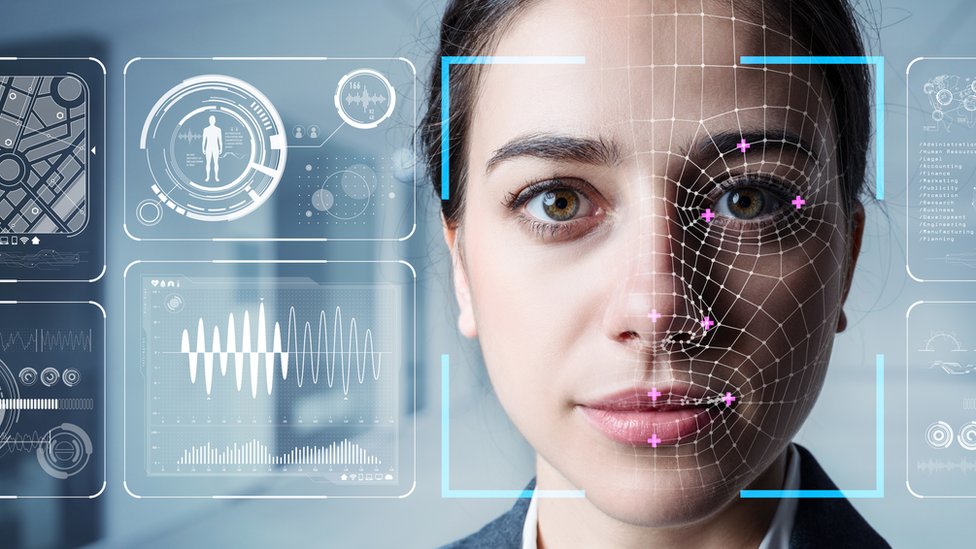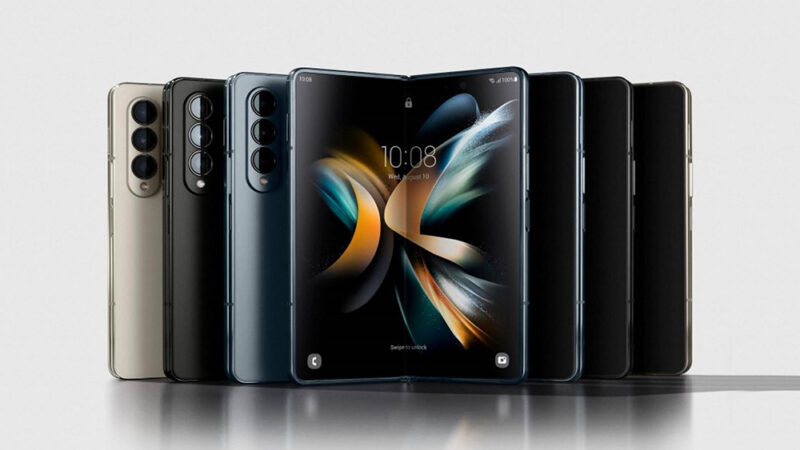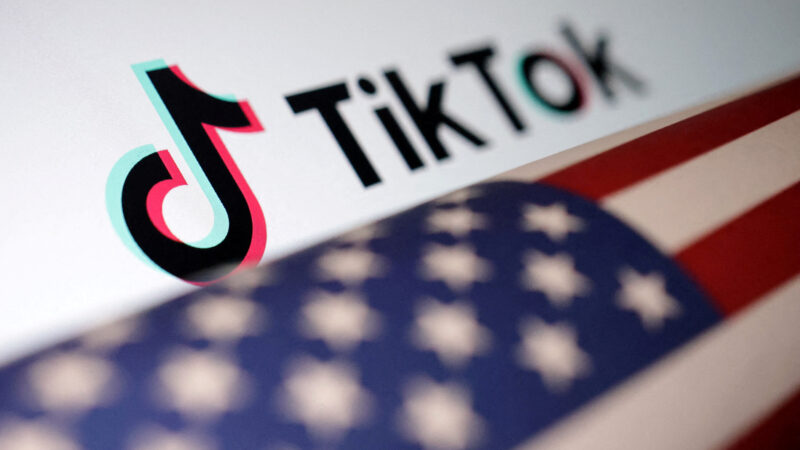Australia probes retail giants Bunnings and Kmart over customer ‘faceprints’

The privacy watchdog in Australia has opened an investigation into the usage of facial recognition technology by two major retailers.
In some places, retailers like Kmart and the hardware company Bunnings take “faceprints” of their patrons.
The technology is immoral, invasive, and being used without the required consent or justification, according to consumer advocacy group Choice.
Both retailers defended their application as a safety and theft-prevention tool.
According to the Australian Information Commissioner, an investigation has been launched to see if privacy rules have been broken.
According to Angelene Falk, Australian merchants are only permitted to gather private biometric data if it is “reasonably essential” for their business operations and they have “clear consent.”
While preventing theft and fostering a safe atmosphere are vital aims, Commissioner Falk stated last month that utilising high-privacy-impact technologies in stores has major privacy risks.
Retailers must be able to prove that their response is appropriate.
She discovered that the convenience store chain 7-Eleven violated customers’ privacy by gathering faceprints in a related incident last year.
Before Australia has precise regulations governing its usage, the Australian Human Rights Commission advocated for a ban on technology. It happened after Western Australian police used it for COVID isolation tests.
Choice said that Kmart and Bunnings only disclosed their use of the technology in privacy policies online and on tiny “conditions of entry” placards at the front of their stores.
More than 75% of the houses questioned by the consumer group, which involved more than 1,000 people, were unaware that the technology was being used.
According to Choice’s Kate Bower, using facial recognition technology in this manner is comparable to Kmart, Bunnings, or The Good Guys collecting your fingerprints or DNA each time you shop.
According to Bunnings, the technology’s use has been mischaracterized and is subject to tight regulations.
It claims that the information gathered is not used for marketing and that the only pictures kept are of people who have been asked to leave stores or who are thought to have engaged in illegal or dangerous behaviour.
According to a Kmart spokeswoman, the technology was strictly regulated and on “trial” to avoid theft.






